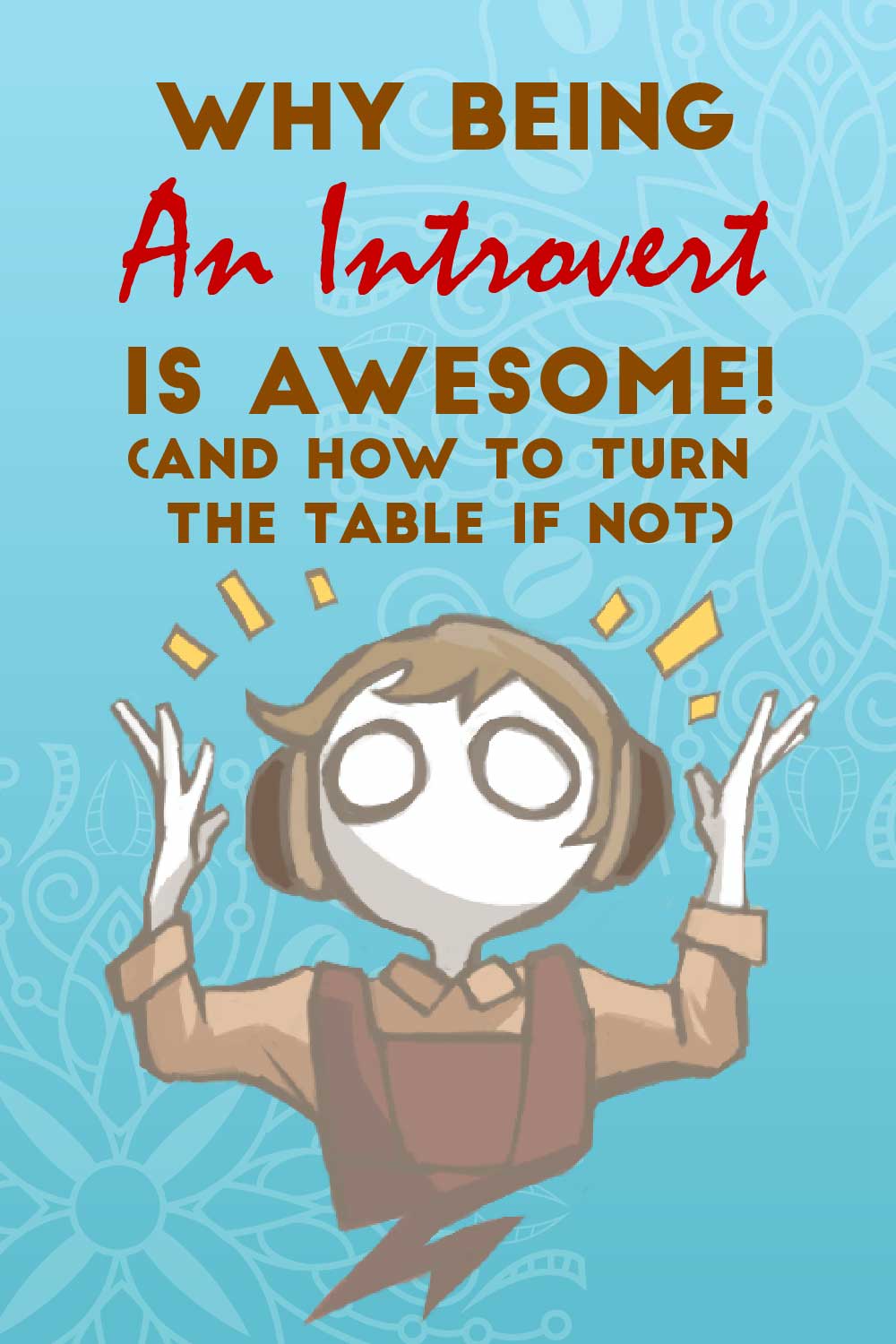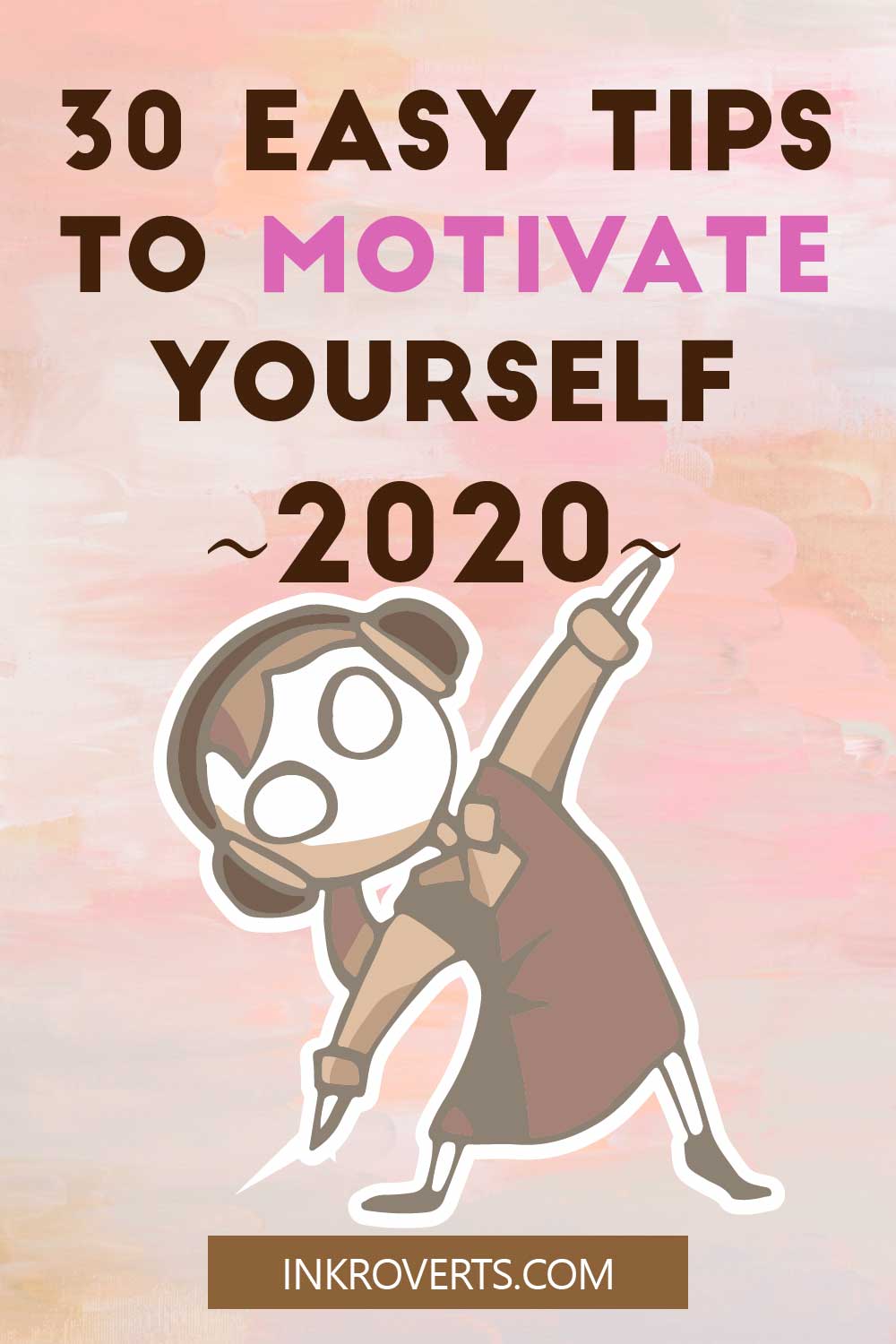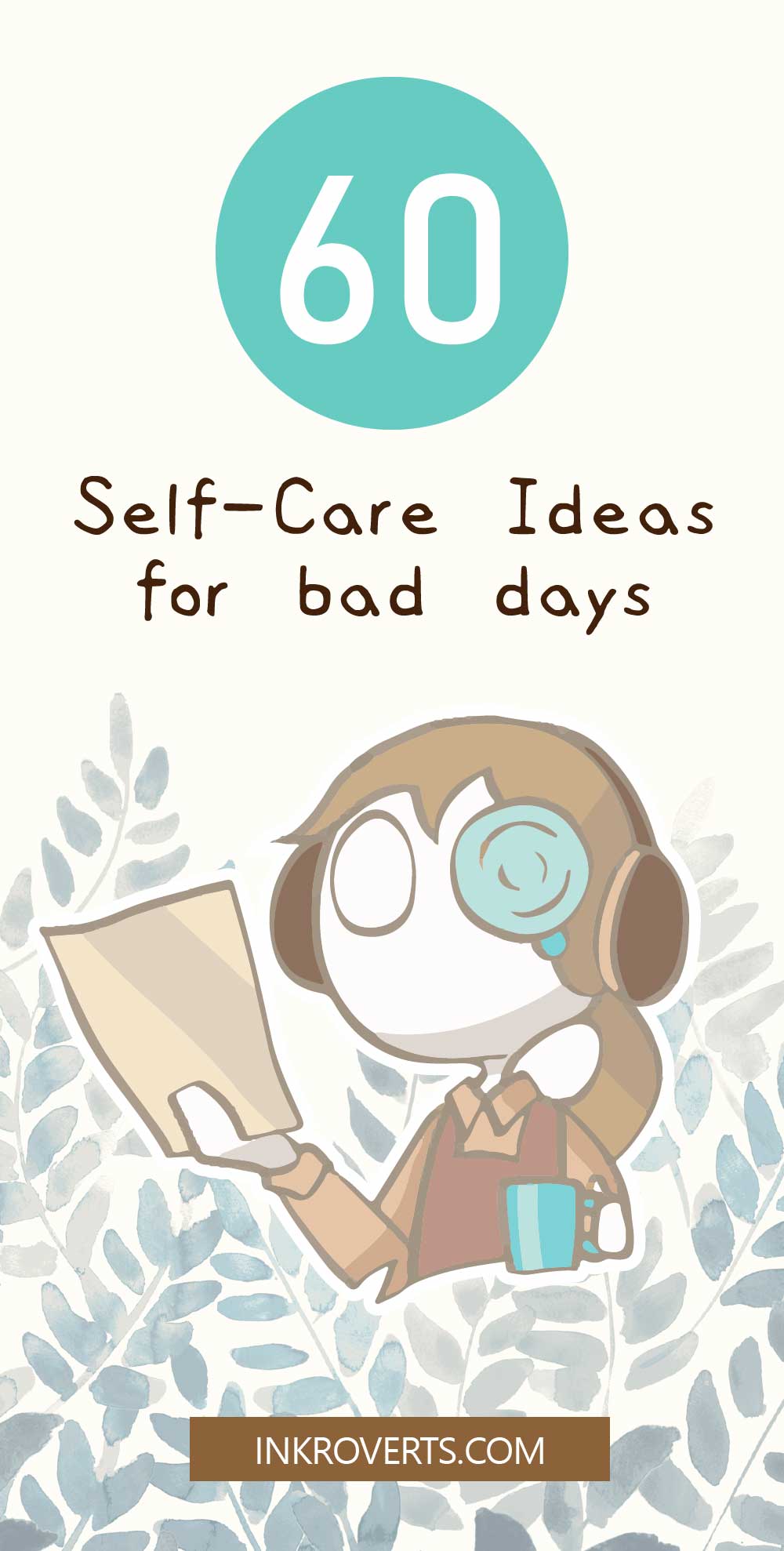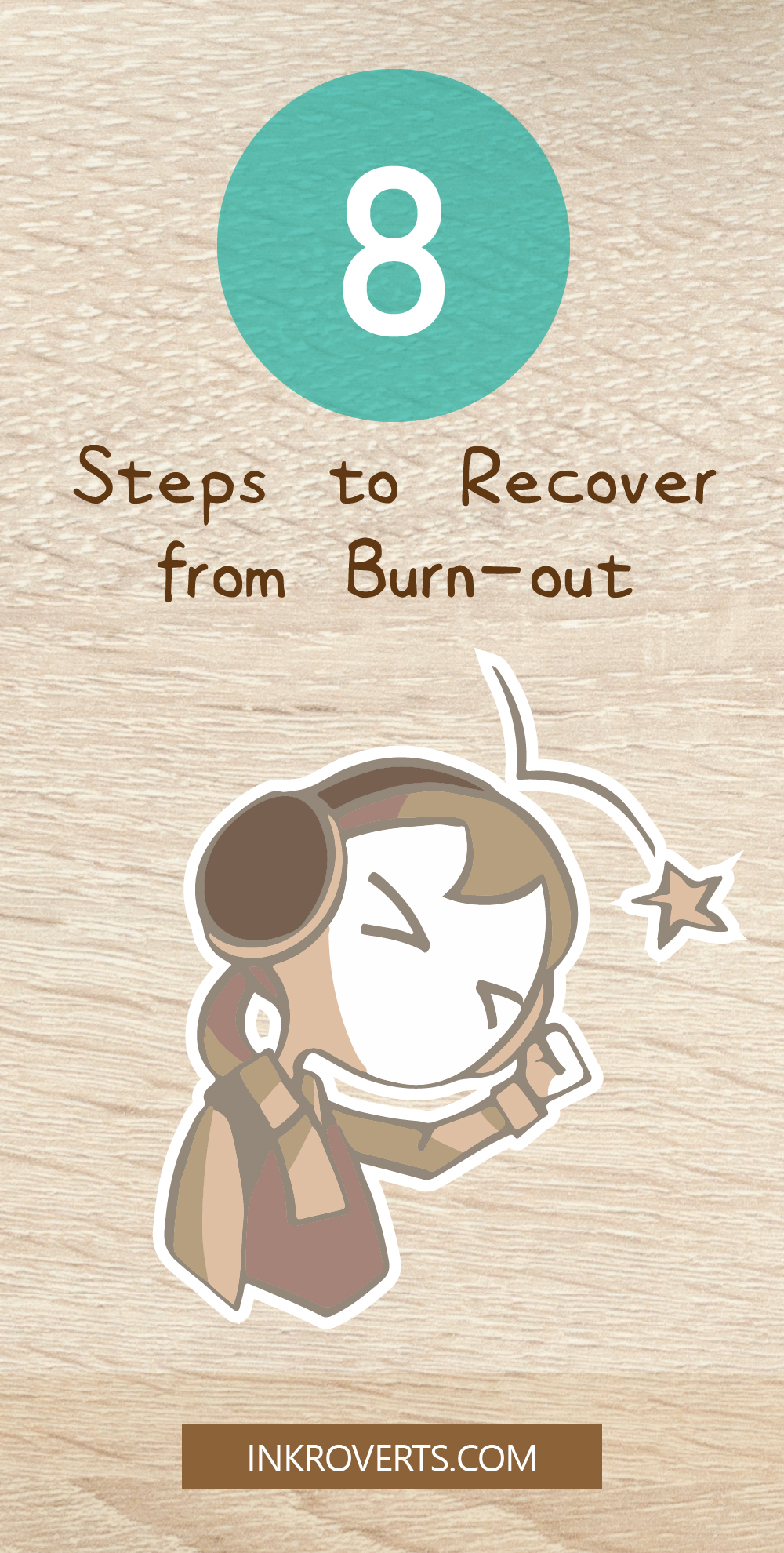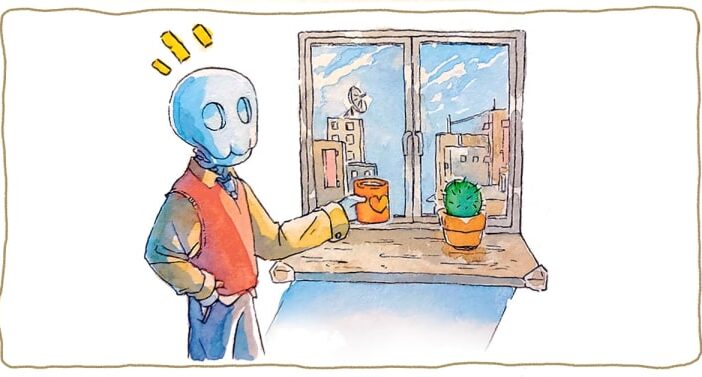

Table of Contents
What is Happiness?
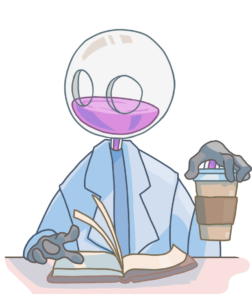
Welcome, here! I must say, usually when they search the term happiness- either because they are students and want a definition to write their essays, or… they are not happy. Not enough.
But I digress.
What Happiness is… Techinically
The term psychologists use to present their academic papers is “subjective well-being (SWB)“. Because happiness is- well, subjective! As for well-being, the term ties with our general state in life rather than a fleeting adrenaline rush.
But if you want to quote a happiness definition, though, I’m afraid you’ll have a hard time choosing among dozens of them.
What I can tell you, is that happiness generally involves a stable balance of emotions, learning towards positive emotions, and optimism.
In the long term, happiness also means a sense of satisfaction and contentment towards life.

My interpretation is not so… general, I think. Happiness doesn’t necessarily represent life satisfaction in such a broad sense. Because when I think about happiness, what comes to mind are little moments.
Like when I was reading a chapter in a romance novel, or when I was sketching little ducks beside the pond.
That is a valid interpretation too, Reader. There are indeed different types of happiness.

Different Happiness?
1) Hedonia
The sense of pleasure. Hedonia describes the feeling of satisfaction, fulfilling desires, and enjoyment.
It’s relatively short-lived. You can imagine it as something like a dopamine rush.
Examples: Excitement of playing a competitive sports game
The word comes from the Greek term “hedon-“, which means pleasure and joy. “Hedonia” is then the English noun.
As “an-” means “without”, “anhedonia” is used to describe the lack of pleasure, especially for people suffering from depression.
2) Eudaimonia
The happiness feeling is related to meaning in life and life satisfaction.
A person with eudaimonic happiness feels that their life is positive with virtue, purpose, and value.
To increase eudaimonia, we try to fulfill responsibilities and long-term goals (that we’re interested in), establishing and maintaining social relationships, and even helping other people in need (and feel good about ourselves in return).
Examples: Gratitude, pride, optimism, contentment
In Greek terms, “eu” means good, and “daimon” means spirit.
Being in a “good spirit” then, refers to your well-being, not just your feelings at the moment.
Having only hedonic happiness or only eudaimonic happiness is not enough. No, our life is comprised of the combination of both these types of happiness.


I think so too! It’s “happy” to achieve meaningful things in life. And in the process, we also get little bits of happiness sprinkled along the way.
How to Achieve Happiness
Now that we know what happiness is, what kind of person would more likely be happy?

The components of happiness can be remembered as “PERMA”, which consists of 5 items. [1]Seligman, M. E. P. (2011). PERMA. Flourish: A visionary new understanding of happiness and well-being. (1st ed. pp.237-242) New York: Free Press. ISBN: 9781439190753
1) Positive Emotion
Or you can call it “positive affect”. Generally, it is the happy, joyful feeling that puts a smile on your face.

But of course happiness includes positive emotions! When we feel happy, we just feel… well- happy.
You’re right. But note that positive trait– the tendency to feel happy, cheerfulness, and optimism, is associated with genetics. So some people may find it harder to smile than others.


Oh dear. Are you someone who finds it hard to smile, Glass?
I’m smiling right now, Reader. Don’t you see?


…
Nevertheless, positive emotions can still be developed throughout life. You can train yourself to become more optimistic.
2) Engagement
Engagement is associated with Csikszentmihalyi’s flow theory [2] Csikszentmihalyi, M. (1990). Flow: The psychology of optimal experience. (1st ed). New York: Harper & Row. ISBN: 0060162538 .

I’ve seen this Professor’s name typed wrong in some papers. I’m sorry to say but- I can imagine why.
“Flow” is the phenomenon we experience when doing something we enjoy- so much so that we forget ourselves. Time, distractions, and self-consciousness all slipped away. And the only thing that matters is the present and the task at hand.
You don’t necessarily smile through this experience or call it “happy”. But it feels like being in bliss by doing something you love.
Most often, people experience “flow” when doing art. Though people in different fields also relished in “flow”, including sports, science, creative writing, and even doing homework.

I think I can relate to that feeling. Remember when I said about reading the romance book before? That could be the “flow” you’re talking about!
I’m curious, Reader. What was that romantic scene about?


…
Maybe some other time, my friend.
3) Relationships
Having positive relationships is an essential part of being human. We are social creatures, after all.
Of course, some personalities prefer a bigger social circle, while some prefer hanging out with a few close friends. But nevertheless, the quality of social connections matters.

I’m worried about this part- making friends. It’s hard to find people with the same interests when you’re huddled in the library all day.
Friends don’t necessarily have the same interests! You’re a literature person, and I’m a social science person. And look at us!


…That’s so kind of you. Thank you.
4) Meaning
Meaning, here, stands for the sense of value in what you do, who you are, or what you have accomplished.
This term is quite abstract on hindsight. To put it simply, a meaningful life focuses on personal growth and mental strength, more so than simple excitement.
In Maslow’s hierarchy of needs (Maslow), the top-tier need is self-actualisation. That self-actualisation is also related to personal growth, and meaning by extension.
There are multiple measures for “meaning”, such as purpose in life [3]Schnetzer, L. W. & Buchanan, E. M. (2011). The purpose in Life Test-Short Form: Development and psychometric support. Journal of Happiness Studies, 12(5), 861-876, … Continue reading, presence of meaning and search for meaning [4]Steger, M. F., Frazier, P., Oishi, S., & Kaler, M. (2006). The meaning in life questionnaire: assessing the presence of and search for meaning in life. Journal of Counseling Psychology, 53(1), … Continue reading; and life satisfaction.
Though whether something has meaning is quite subjective. So there’s no universal “meaning in life”.


Ah… but that’s the question many philosophers want to think long and hard of. “What’s the meaning in life?” “Who am I?” I guess even the science field is interested to find out.
5) Accomplishment
Instead of comparing a list of academic/ work accomplishments, this “accomplishment” here refers to the sense of mastery or competence.
Usually, the sense of accomplishment comes from achieving a long-term/ hard-to-attain goal. The goals don’t have to be related to societal expectations, like income level and education certificates. But of course, many people can feel accomplished by attaining these goals.
On the other hand, intrinsic goals can also provide the same effect. Many past geniuses push forward with their passion just because they want to [5]Wright, C. (2020). The hidden habits of genius. New York: HarperCollins Publishers. ISBN: 9780062892713 .
For example, Virginia Woolf kept on writing as both a way to express her inner turmoil and conduct a makeshift self-therapy. Queen Elizabeth read more books than other nobles and learnt multiple languages- because she enjoyed the process and the accomplishment.

I guess looking back at how long we’ve come certainly gives us a sense of pride, or happiness. But compared to the other elements, I still think the process- rather than the goal- gives me more joy.
Interesting. That’s what many visual artists think as well. They’d spend hours upon hours painting. But when the artwork’s finished, they nonchalantly put it aside and set off for another project.

Benefits of Happiness
Surely you don’t need to know the benefits of happiness in order to want it.
But to give context, happiness improves your mental and physical well-being- both directly and indirectly.
Happiness can, for example:
- Reduce stress and pain
- Improve cardiovascular health
- Improve immune system
- Better physical health and longevity
- Improve general well-being and all other areas of life

I suppose explaining it in a narrative would make more sense:
When a person is angry/ stressed, their heart is thumping hard. In the long run, this will increase the wear and tear of the heart.
But if you’re happy, naturally you’ll be less angry. So your heart can avoid the wear-and-tear.
The improved immune system is related to cortisol- a stress hormone. Prolong release of cortisol will take a toll on your immune system.
So if you’re happy, naturally you’ll also avoid that side effect as well.
Grim Reader’s Afterthoughts

My thoughts still linger on the definition of “what brings happiness”…….
It’s still rather vague. I know- it’s hard to define and measure happiness, that’s for sure. Not only is it a subjective feeling, but there are also different types of happiness as well.
I wonder if there are some common themes in happy people, happy activities, or happy life- that we can take a leaf out of…
I suppose doing fulfilling things is a large part of achieving happiness. But “what we find fulfilling” can be a large range of activities, especially when you consider the world full of people.
From what I read in crime novels, some characters see their criminal acts as sources of happiness or flow. But I guess this is a controversial topic for another day.
And there is the question about addiction VS happiness. There are activities people enjoy so much that it comes to the point of obsession:
Artists can draw for days without eating or drinking. Scientists can shut themselves inside labs to study, isolating themselves from all social relationships. But they enjoy it.
If the definition of addiction includes that the experience interferes with daily life, health, and relationships. What say of these “happy” behaviours? Are they different from “traditional addictions” like gambling, exercise addiction, shopping spree, and food craving?

…How so, then?
References
| ↑1 | Seligman, M. E. P. (2011). PERMA. Flourish: A visionary new understanding of happiness and well-being. (1st ed. pp.237-242) New York: Free Press. ISBN: 9781439190753 |
|---|---|
| ↑2 | Csikszentmihalyi, M. (1990). Flow: The psychology of optimal experience. (1st ed). New York: Harper & Row. ISBN: 0060162538 |
| ↑3 | Schnetzer, L. W. & Buchanan, E. M. (2011). The purpose in Life Test-Short Form: Development and psychometric support. Journal of Happiness Studies, 12(5), 861-876, https://doi.org/10.1007/s10902-010-9231-9. |
| ↑4 | Steger, M. F., Frazier, P., Oishi, S., & Kaler, M. (2006). The meaning in life questionnaire: assessing the presence of and search for meaning in life. Journal of Counseling Psychology, 53(1), 80-93, https://doi.org/10.1037/0022-0167.53.1.80 |
| ↑5 | Wright, C. (2020). The hidden habits of genius. New York: HarperCollins Publishers. ISBN: 9780062892713 |
